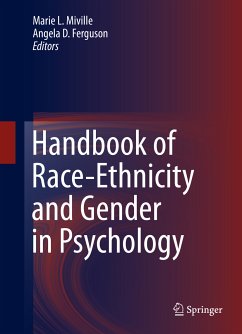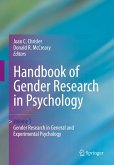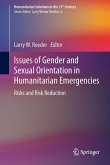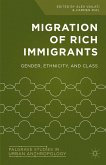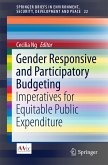The Handbook of Race-Ethnicity and Gender in Psychology gives clinicians up-to-date findings on its subject and guidelines for incorporating this knowledge into effective practice. Contributors apply intersectional models of diversity to clinical topics (the therapeutic relationship, assessment), social experience (families, spirituality), life-course concerns (education, career development, education, aging), and social justice issues (immigration, crime and correctional interventions). Through these many contexts, practitioners are given more accurate and responsive ways of providing services to a wider range of diverse clients. Included in the Handbook:
- Intersections of race-ethnicity, gender, and sexual minority communities.
- Poverty at the intersections: Implications for socially just community-based practice.
- Exploring the intersection of parenting, ethnicity, race, and gender in the deconstruction of the nuclear family archetype.
- A multiple-identity approach to leadership development.
- Eating disorders and body image among women and men of color.
- Domestic violence: What every multicultural clinician should know.
The Handbook of Race-Ethnicity and Gender in Psychology is a crucial skill-building reference for professional psychologists (e.g., clinical psychologists, counseling psychologists, school psychologists) and other mental health practitioners, including counselors and social workers. It should also interest academic psychologists, including social and community psychologists, educators, women's studies professionals, and higher education administrators.
Dieser Download kann aus rechtlichen Gründen nur mit Rechnungsadresse in A, B, BG, CY, CZ, D, DK, EW, E, FIN, F, GR, HR, H, IRL, I, LT, L, LR, M, NL, PL, P, R, S, SLO, SK ausgeliefert werden.

